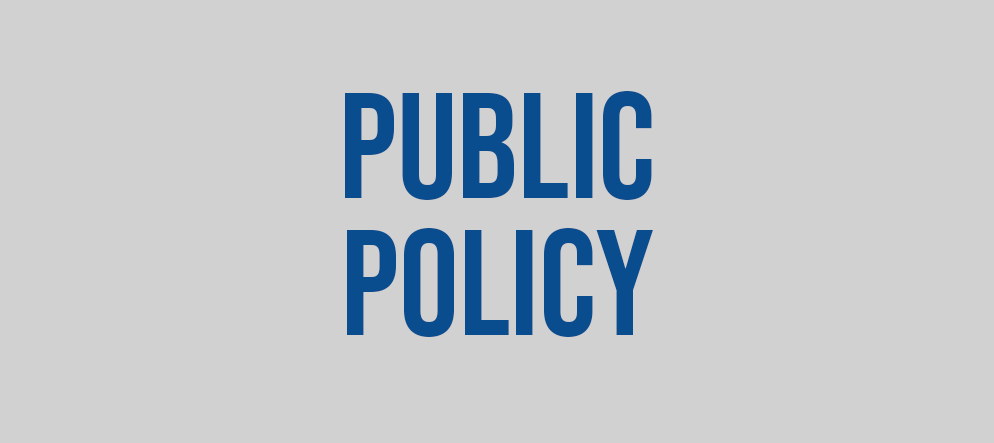This fall began with a trip to Belgium for ISCoS 2024. Along with the cobblestone streets of Antwerp, it gave me plenty of opportunity to reflect on equipment, technology and policy in a Canadian context, all while connecting with brilliant minds from across the globe with one mission: a world of accessibility and inclusion for all.
I am fueled with renewed motivation as I return to Canada and delve back into advocacy initiatives local to Ontario. Some we’ve been tackling for years with ongoing progress, and others, like accessible housing, are newer to SCIO’s work but crucial to shaping an accessible future.
Please look at each of our initiatives, which have been recently updated on our new website, and consider joining the solution by following the calls to action.
Peter Athanasopoulos, Director of Public Policy
Accessible Housing Strategy
Accessible housing has reached a crisis point across Ontario, with countless people stuck in precarious situations that threaten their very survival.
Over the last couple of months, we have engaged various networks, including the Accessible Housing Network (AHN) and the Accelerating Accessibility Network (AAC), as well as our research partners to embark on a government relations plan to bring awareness and understanding of the critical investments required to improve accessible housing stock in Ontario and across Canada. In the coming months, we will continue these discussions with an aim to submit recommendations to all levels of government. We encourage you to share your thoughts and ideas. We look forward to hearing from you at [email protected]
We also encourage you to submit ideas to our Home Accessibility Toolkit in partnership with Sunnybrook Research Institute. The website can be found here.
In addition, there are several resources you can access on our website, including:
- The Accessible Housing Directional Report, a collaborative piece that includes our broader community of researchers, disability organizations, developers, healthcare professionals and people with lived experience highlighting the current gaps in accessible housing and the work that needs to be done across Canada to improve accessibility within the housing market.
- TheGlobal Environmental Scan Report, an in-depth study that looks at policies other nations are putting in place in accessible housing.
- A new lived experience story highlighting a former social worker’s struggle to find accessible housing as she faces the high possibility of homelessness.
Accessible On-Demand Transportation
Accessible on-demand transportation has become increasingly difficult to obtain within the GTA. People often have to wait hours to get accessible service, while other times, it is unavailable. We have launched a letter-writing campaign to City Councilors in Toronto, highlighting the issues and our recommendations to rectify the situation and ensure equitable service is available. We encourage everyone to participate in the campaign by following this link to the letter template and list of contacts. Even if you do not reside in Toronto, the regulations implemented will impact other municipalities across the province.
We’ve also been receiving multiple requests from people with disabilities in the Peterborough area concerned about their transportation needs. SCIO has engaged the Mayor of Peterborough to clarify this major concern.
Equipment
Assistive devices and medical equipment continue to play a crucial role in the disability community’s quality of life and well-being. However, we know that equipment is expensive, with limited sources of funding and high rates of poverty among people with disabilities. While we tackle funding barriers with the government through the Assistive Devices Program (ADP), we have some tools and resources that can help people gain access to equipment through a community-minded approach.
SCIO Marketplace is a group created through Facebook, where members of our community can request to join and post or browse items for sale. The primary purpose of SCIO Marketplace is to buy and sell assistive devices such as wheelchairs, walkers, or commodes, but it can also be used for everyday items such as furniture or books. Members must reside in Ontario—the platform is free to use.
In partnership with the Lawson Research Institute, we created the Possibilities Project Plus, a free platform where people all across Ontario can post and browse items for donation. The Possibilities Project Plus is purely for medical and assistive devices, including wheelchairs, walkers, commodes, accessible bikes, and more. Moreover, this platform is only for donated items.


